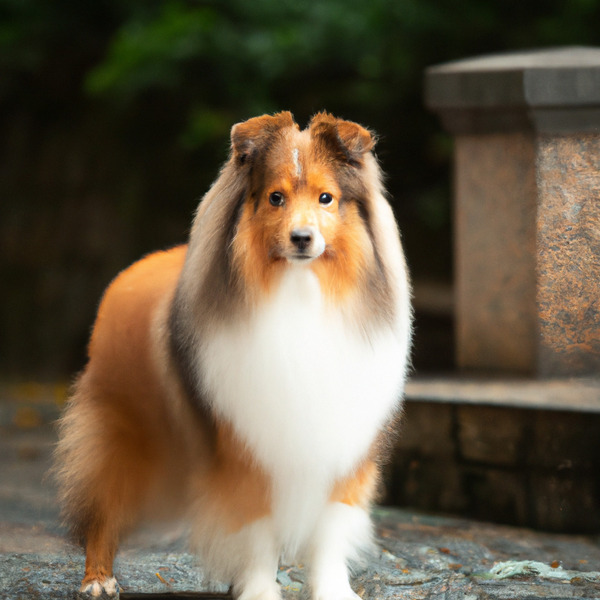Shetland Sheepdog vs. Silkytie: Breed Differences and Similarities
Hypoallergenic
Are Shetland Sheepdogs or Silkyties hypoallergenic, or neither?
Unfortunately, neither Shetland Sheepdog nor Silkytie are hypoallergenic, which may not make them the best choice for dog lovers who suffer from pet allergies.
Temperament
What are the personalities of Shetland Sheepdog and Silkytie dogs?
Affectionate
Gentle
Lively
Responsive
Friendly
Intelligent
Playful
Playful
Alert
Intelligent
Friendly
Responsive
Affectionate
Quick
Lively
Gentle
Joyful
Inquisitive
Shedding Level
Do Shetland Sheepdogs shed more than Silkyties, or which breed sheds more, Shetland Sheepdogs or Silkyties?
Shetland Sheepdogs are moderate shedders, but regular brushing can reduce shedding and maintain coat health.
Silkyties are low shedding dogs, requiring minimal coat care.
Origin
What is the origin of Shetland Sheepdog and Silkytie dog breeds?
Scotland (Shetland Islands)
United States
Ancestry
What are the origins of Shetland Sheepdog and Silkytie breeds?
collie
Shetland Sheepdog and Silky Terrier
Date of Birth
When were Shetland Sheepdog and Silkytie breeds first developed?
1800s
Unknown
Eye Color Possibilites
What are the eye colors of Shetland Sheepdog and Silkytie dogs?
Blue
Brown
Brown
Nose Color Possibilites
What are the natural nose colors of Shetland Sheepdog and Silkytie?
Black
Black
Coat Color Possibilites
What are the natural colors of the coat for Shetland Sheepdog and Silkytie breeds?
Sable
Black
Blue
White
Black
Gray
Silver
Cream
White
Brown
Red
Fawn
Coat Length
What is the typical coat length for Shetland Sheepdog and Silkytie breeds?
Shetland Sheepdogs have longer coats compared to most dogs.
Silkyties are known for their coat length.
Coat Density
What is the density of the coat of Shetland Sheepdog and Silkytie?
Coat Texture
What is the hair texture of Shetland Sheepdog and Silkytie?
Straight
Litter Size
What is the usual litter size for Shetland Sheepdog and Silkytie?
A Shetland Sheepdog can have a litter of 12-14 puppies on average. However, it's worth noting that the size of the litters can vary greatly. Factors that can influence litter size include the health of the mother, breeding history, and genetics.
A Silkytie can have a litter of 4-6 puppies on average. However, it's worth noting that the size of the litters can vary greatly. Factors that can influence litter size include the health of the mother, breeding history, and genetics.
Adaptability
Shetland Sheepdogs are highly adaptable and versatile, making them excellent companions for families and individuals of all lifestyles.
Silkyties are known for their adaptability and can adjust well to different environments and lifestyle changes.
Health Issues
Between Shetland Sheepdog and Silkytie, which breed is more prone to health problems?
Shetland Sheepdog and Silkytie breeds are generally considered to be healthy. However, like all breeds, they are susceptible to certain health issues and it is important to keep an eye out for them and address them with your veterinarian as needed.
Major Concerns
What are the major health concerns for Shetland Sheepdog and Silkytie breeds?
Dermatomyositis
Sensitive to Ivermectin
Hip Dysplasia
Legg-Calve Perthes Disease
Minor Concerns
What minor health issues should be kept in mind when owning Shetland Sheepdog and Silkytie?
Patellar Luxation
Cataract
Progressive Retinal Atrophy
Hip Dysplasia
Collie Eye Anomaly
Cataracts
Allergies
Diabetes
Hypothyroidism
Progressive Retinal Atrophy (PRA)
Collie Eye Anomaly (CEA)
Occasional Tests
What occasional tests are recommended for Shetland Sheepdog and Silkytie breeds?
Eye
Hip
Hearing
Blood Test
Hip X-Rays
Dna For Vwd
Eye Examination
Physical Examination
Eye Examination
Radiographs
Blood Sugar and Thyroid Tests
Social Needs
Shetland Sheepdog vs Silkytie social needs comparison
Shetland Sheepdog and Silkytie have above average social needs compared to other breeds. They thrive in environments where they have a lot of interaction with humans and other dogs.
Sleeping Need
Which of the two sleeps the most/least: Shetland Sheepdog or Silkytie?
Shetland Sheepdogs sleep less than other breeds but still need adequate sleep for good health.
Silkyties have moderate energy levels and typical sleep patterns of 12-14 hours per day.
Mouthiness
Mouthiness Comparison: Shetland Sheepdog vs Silkytie?
Roaming urge
Shetland Sheepdog vs Labrador: Running away tendency?
Prey Drive
Shetland Sheepdog or Silkytie - which breed has a higher level of prey drive?
Activity Level
Which breed has higher energy, Shetland Sheepdogs or Silkyties?
Both Shetland Sheepdog and Silkytie are medium-energy dogs that enjoy socializing and playing with other dogs. They may engage in casual or sustained games of chase, and occasionally have bursts of barking or racing around the house.
Tolerance of being left alone
Walks per Week
How many miles should Shetland Sheepdog or Silkytie walk each week?
Shetland Sheepdog and Silkytie generally need a minimum of 8 miles of walking per week, but it can be increased as long as they are comfortable with it.
Activity per Day
Do Shetland Sheepdogs or Silkyties require more exercise?
In general most Shetland Sheepdogs usually need at least 45 minutes of exercise daily. This can be spread across the day and include all sorts of high-energy activities, like walking, running and playing.
In general most Silkyties usually need at least 30 minutes of exercise daily. This can be spread across the day and include all sorts of high-energy activities, like walking, running and playing.
Grooming
Which breed is easier to maintain in terms of grooming, Shetland Sheepdogs or Silkyties?
These breeds are known for having high grooming needs.
Brushing Frequency
What is the recommended brushing frequency for Shetland Sheepdog and Silkytie dogs?
Shetland Sheepdog and Silkytie should be brushed at least once a week. Of course, you can give them more frequent brushes if you find that they are still shedding a lot.
Brushing Tools
What brushing tools are used for Shetland Sheepdogs and Silkyties?
Pin Brush
Dematter
Comb
Nail Clipper
Pin Brush
Slicker Brush
Nail Clipper
Cups
How much food should be given to Shetland Sheepdog or Silkytie in cups?
For an average 14-27 pound (6 - 12 kg) Shetland Sheepdog feed 2 cups daily. But, keep in mind, the amount you feed is going to be dependent on the quality of the food you are feeding.
For an average 10-20 pound (5 - 9 kg) Silkytie feed 1 cups daily. But, keep in mind, the amount you feed is going to be dependent on the quality of the food you are feeding.
Daily Cost
Which breed has a higher daily cost, Shetland Sheepdog or Silkytie?
The average cost of a Shetland Sheepdog is somewhere $1.70 - $2.00 per day.
The average cost of a Silkytie is somewhere $1.40 - $1.70 per day.
Monthly Cost
Which breed has a higher monthly cost, Shetland Sheepdog or Silkytie?
The average per month expenses of a Shetland Sheepdog is between $48 - $63. This makes an average of $576 - $756 per year. It will be on the higher side when the dog is still small because it will need more frequent visits to the vet, shots.
The average per month expenses of a Silkytie is between $35 - $42. This makes an average of $420 - $504 per year. It will be on the higher side when the dog is still small because it will need more frequent visits to the vet, shots.
Sensitivity Level
How do Shetland Sheepdog and Silkytie compare in sensitivity?
These dog breeds are particularly attuned to its environment and the emotions of those around it. Shetland Sheepdog and Silkytie can be easily overwhelmed by loud noises, new environments, unfamiliar people, or animals. This dog breed is best suited for individuals or families who are patient, gentle, and understanding of its sensitive nature. It may also benefit from a calm and stable home environment, with a consistent routine and plenty of positive reinforcement training.
Apartment Friendly
Which breed is more apartment-friendly: Shetland Sheepdog or Silkytie?
Shetland Sheepdogs can do well in apartments with enough exercise and time outside, but a small yard would be ideal.
The Silkytie is a great apartment dog, thriving with sufficient exercise and time outside as part of their daily routine.
Child Friendly
Do Shetland Sheepdogs or Silkyties have a friendlier temperament towards children?
Shetland Sheepdog and Silkytie are kid-friendly dogs. They are good with children and excellent dogs with children if they are socialized and trained at a young age.
Senior-friendly
Which dog is more suitable as a pet for the elderly - Shetland Sheepdog or Silkytie?
Cat Friendly
Do Shetland Sheepdog or Silkytie breeds have a better compatibility with cats?
Shetland Sheepdogs are very friendly with cats and make great companions for them.
Silkyties are good with cats, but early training is needed to prevent chasing behavior.
Dog Friendly
Which breed is more sociable with other dogs: Shetland Sheepdog or Silkytie?
Shetland Sheepdogs are friendly and active companions, and can be good family pets, though their friendliness towards other dogs may vary.
Silkyties are average in their friendliness towards other dogs, and socialization can help.
Pet friendly
How do Shetland Sheepdog or Silkytie dogs interact with other pets?
Stranger Friendly
Which breed is more friendly with strangers: Shetland Sheepdog or Silkytie?
Shetland Sheepdogs are quick to announce strangers and can be standoffish or suspicious.
Silkyties are averagely friendly around strangers but benefit from early socialisation.
Playfulness
Which breed is more playful between Shetland Sheepdog and Silkytie?
Shetland Sheepdogs have an average level of playfulness, enjoying playtime like most dogs but not excessively so.
Silkyties are a playful breed that needs daily playtime to be happy.
Trainability
How do the trainability levels of Shetland Sheepdogs and Silkyties compare?
Shetland Sheepdogs are usually easy to train but require consistency to fully obey commands.
Silkyties are popular for their ease of training and quick learning ability.
Compare Shetland Sheepdog with other breeds
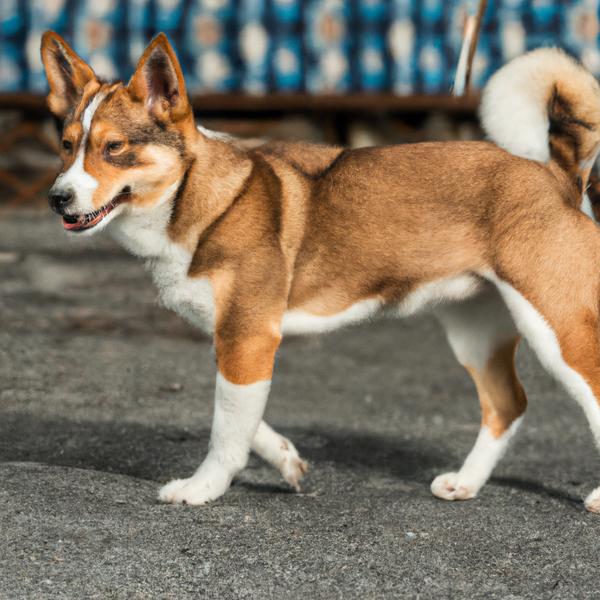
Norwegian Lundehund
Shetland Sheepdog vs Norwegian Lundehund
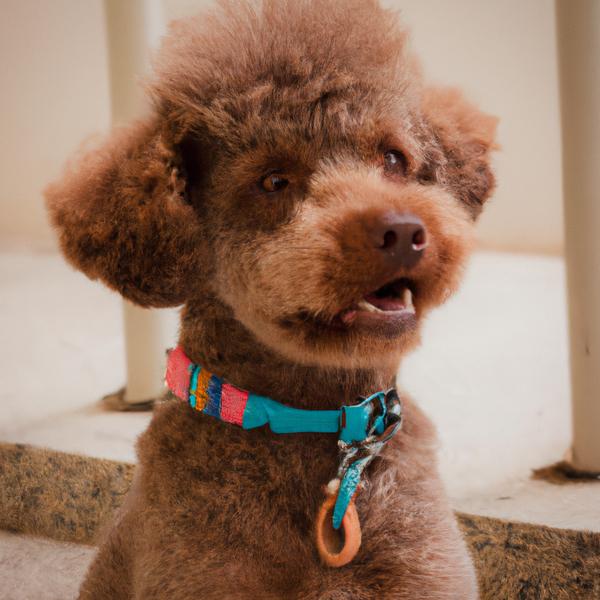
Smooth Foodle
Shetland Sheepdog vs Smooth Foodle
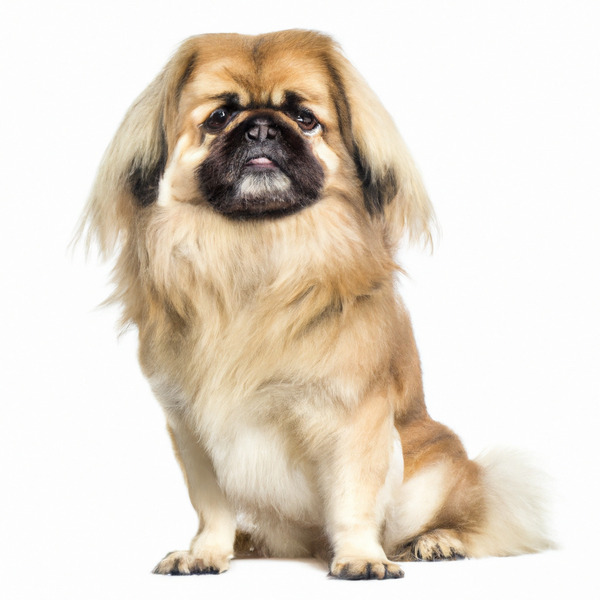
Tibetan Spaniel
Shetland Sheepdog vs Tibetan Spaniel
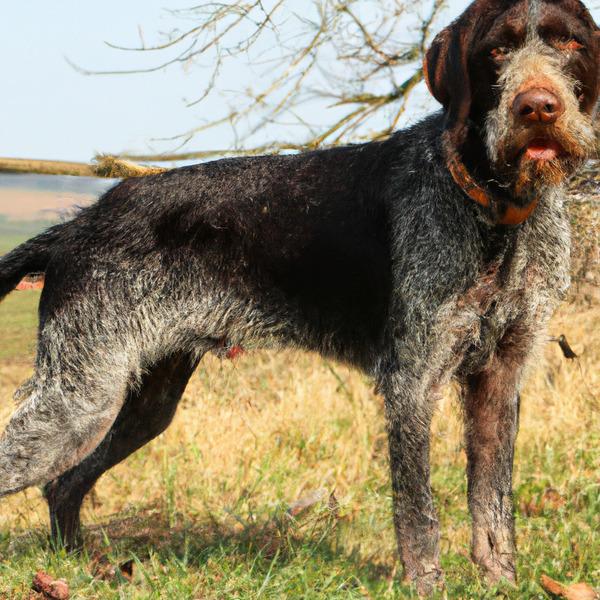
Deutsch Drahthaar
Shetland Sheepdog vs Deutsch Drahthaar
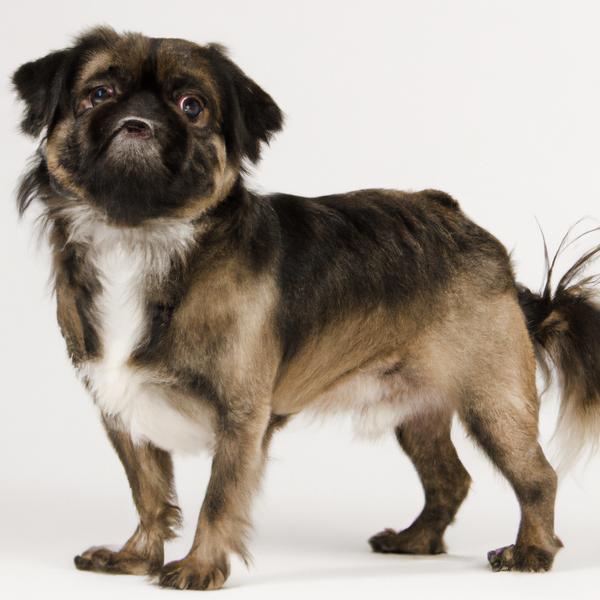
Pug-Zu
Shetland Sheepdog vs Pug-Zu
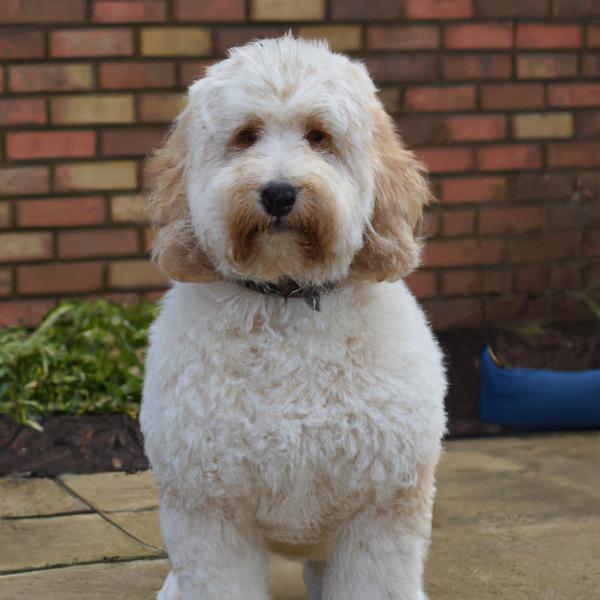
English Boodle
Shetland Sheepdog vs English Boodle
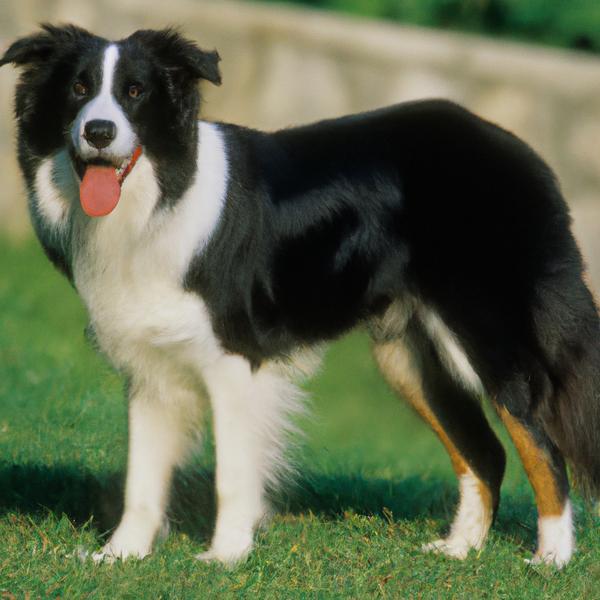
Border Collie Bernard
Shetland Sheepdog vs Border Collie Bernard
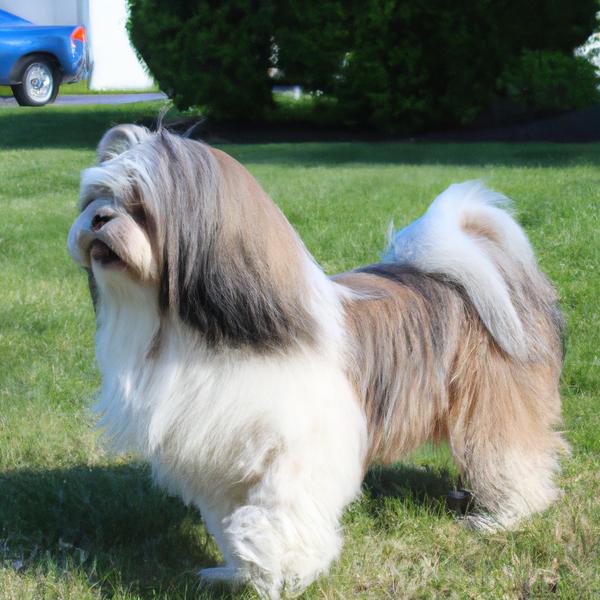
Sheltie Tzu
Shetland Sheepdog vs Sheltie Tzu
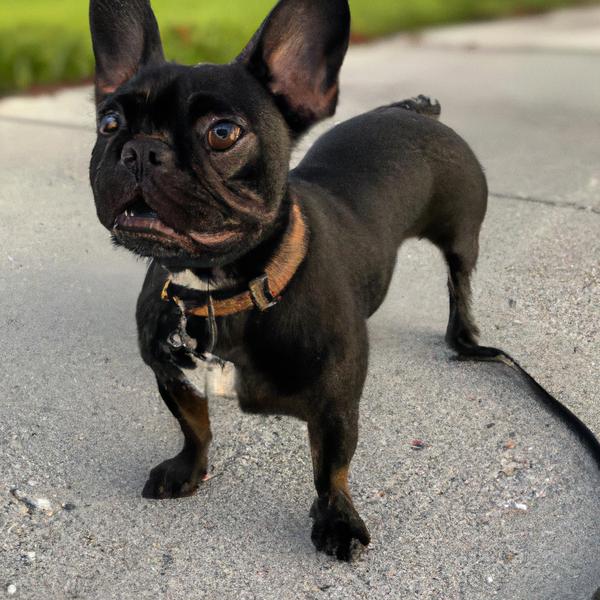
French Bull Weiner
Shetland Sheepdog vs French Bull Weiner
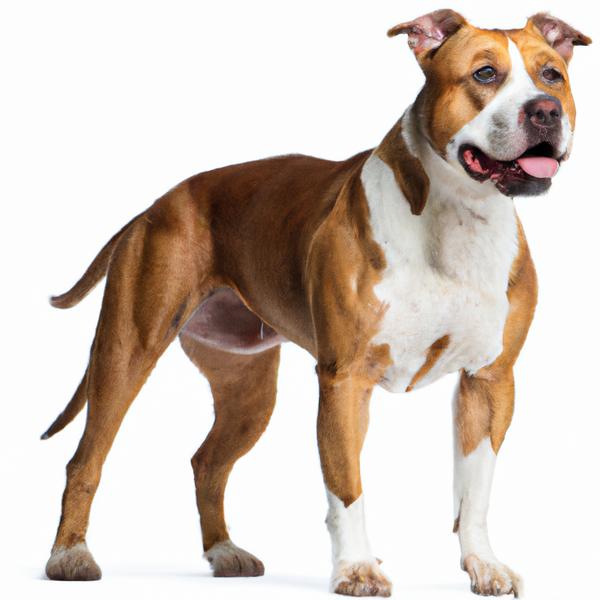
American Staffordshire Terrier
Shetland Sheepdog vs American Staffordshire Terrier
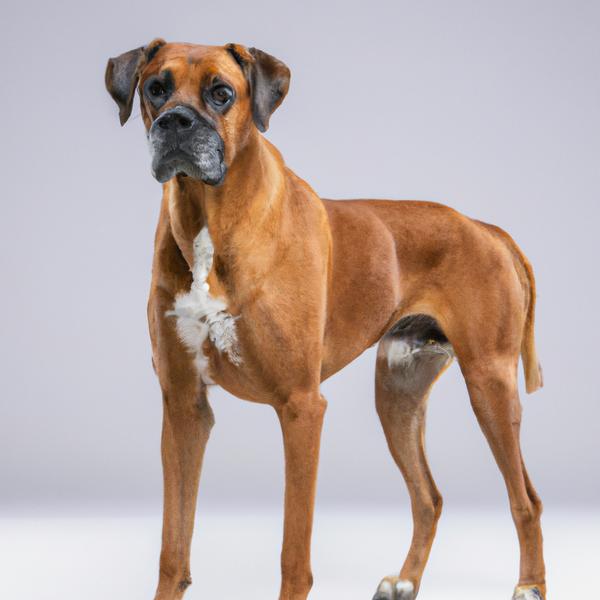
Rhodesian Boxer
Shetland Sheepdog vs Rhodesian Boxer
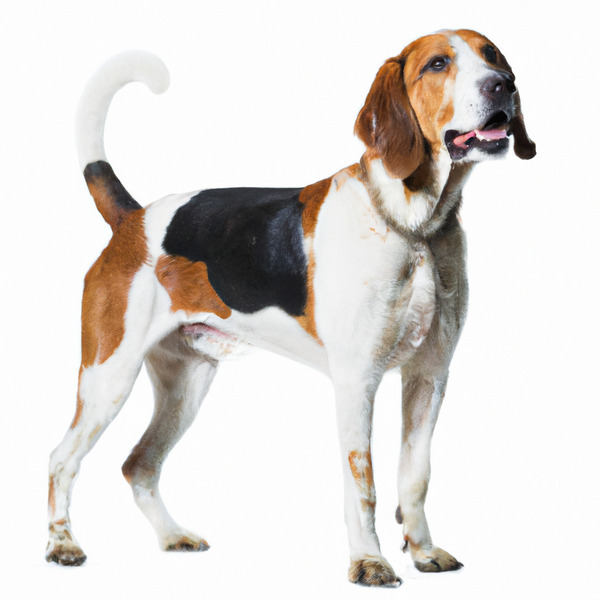
American Foxhound
Shetland Sheepdog vs American Foxhound
